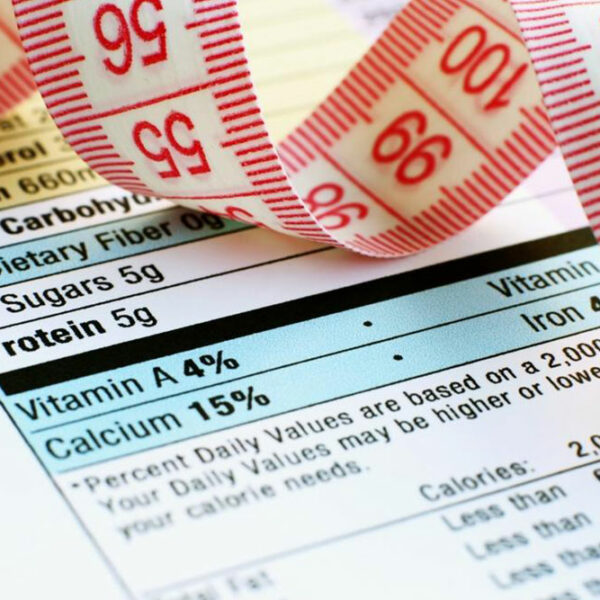
Nutrition through the ages
Nutrition as an idea actually sprouted eons ago. Th e first record about nutrition was found carved in a stone tablet in Babylon around the time 2500 BC. Those who suffered at that time were given the advice to not eat onions for three days. Studying nutriti on as a subject was, probably, studied in 6th century BC. The food that classified as hot, were items like meats, ginger, and hot spices. While items like green vegetables were considered cold in I ndia, China, Malaya and Persia. T he Chinese physician considered diseases as defi ciencies of elements like fire, earth, wood, and metals. In the Bible in the book of David, it is recorded that he and his companions were allowed to eat what they preferred , vegetables and pulses and the king and his people ate fine food and wine. After ten days, their health was compared with that of the king’s men, who were found to be of inferior health . Antoine Lavoisier became famous for saying life is chemical processes. He went on to design a calorimeter o f measure the heat produced by working and also by eating different food. Hippocrates (Greece, ca 460 BC – ca 370 BC ) was the first to see fo od had something important in it .





